Feature
-
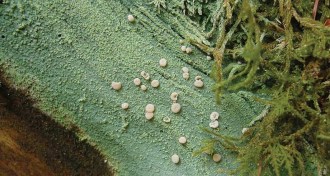 Life
LifeLichens are an early warning system for forest health
Lichens, fascinating mosaics of fungi and algae or cyanobacteria, are made for sensing environmental change.
-
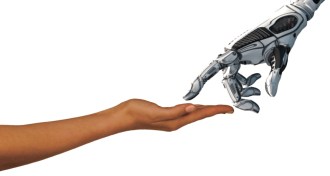 Tech
TechFor robots, artificial intelligence gets physical
Physical intelligence makes robots able to sense of the world around them.
By Meghan Rosen -
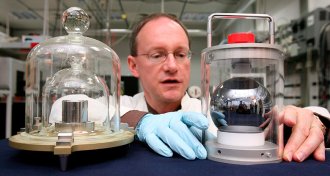 Physics
PhysicsUnits of measure are getting a fundamental upgrade
New units based on fundamental properties of the universe will make measurements more precise.
-
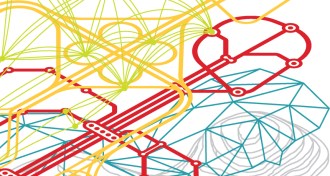 Genetics
GeneticsBig biological datasets map life’s networks
Expanding from genomics to multi-omics means stretching data capacity, but it may lead to a future of early diagnosis, personalized medicine and hardy crops.
-
 Oceans
OceansReef rehab could help threatened corals make a comeback
Reefs are under threat from rising ocean temperatures. Directed spawning, microfragmenting and selective breeding may help.
-
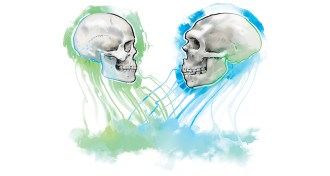 Humans
HumansAnimal hybrids may hold clues to Neandertal-human interbreeding
The physical effects of interbreeding among animals may offer clues to Neandertals’ genetic mark on humans.
By Bruce Bower -
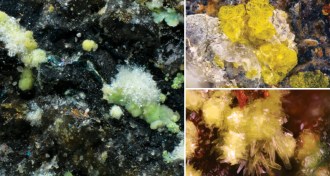 Planetary Science
Planetary ScienceRock hounds are on the hunt for new carbon minerals
The race is on to find about 140 predicted carbon-based minerals in locations around the world. Map included.
By Sid Perkins -
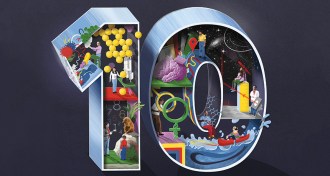 Science & Society
Science & SocietyThe SN 10: Meet the scientists making the next big discoveries
Science News spotlights 10 rising scientists who will transform their research fields over the coming decades.
-
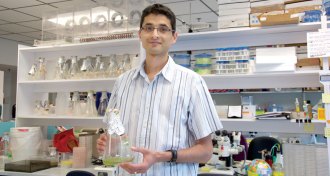 Life
LifeAneil Agrawal unites math and mess
Evolutionary geneticist Aneil Agrawal is equally at home with real and hypothetical fruit flies.
By Susan Milius -
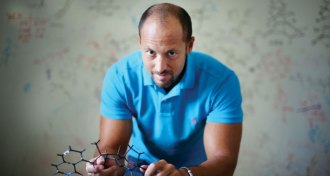 Health & Medicine
Health & MedicinePhil Baran finds simple recipes for complex molecules
Chemist Phil Baran draws on artistry and creativity to efficiently synthesize molecules that could improve people's lives.
By Eva Emerson -
 Neuroscience
NeuroscienceJessica Cantlon seeks the origins of numerical thinking
Cognitive neuroscientist Jessica Cantlon wants to find out how humans understand numbers and where that understanding comes from.
-
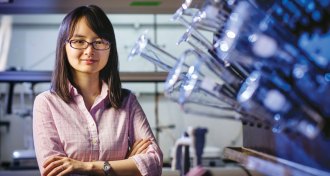 Materials Science
Materials ScienceQian Chen makes matter come alive
Materials scientist Qian Chen is coaxing nanomaterials to self-assemble in new and unexpected ways.
By Meghan Rosen